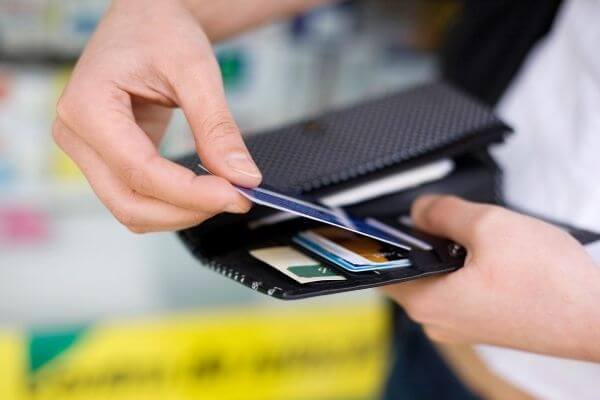In today’s fast-paced financial ecosystem, individuals often seek flexible solutions to meet their diverse monetary needs. Among these solutions is the money order, a secure and reliable payment method often favored by people who do not have bank accounts, or those who prefer a form of payment that doesn’t compromise their privacy. However, a common question arises: can you purchase a money order with a gift card? This question serves as a gateway into the intricate world of gift cards, money orders, and the underlying facets that drive people’s fascination with these payment alternatives.
To understand the potential of using a gift card for purchasing a money order, it’s essential to delve into the operational mechanics of both instruments. Money orders are essentially prepaid certificates issued by various institutions, allowing you to send money without the requirement of a bank account. They can be utilized for numerous transactions, making them an attractive option for individuals who might be less inclined to use traditional banking methods.
Gift cards, on the other hand, have gained immense popularity as a convenient gift option, allowing the recipient to utilize a predetermined amount at a specific retailer or service provider. However, the hallmark of a gift card lies in its rigidity; it can often be limited to the issuing retailer, making it crucial for the cardholder to navigate its constraints effectively.
When considering the combination of these two financial tools—money orders and gift cards—an immediate question surfaces regarding the acceptance of gift cards as a means of payment. Unfortunately, the consensus is that the majority of financial institutions that issue money orders do not permit the purchase of money orders with gift cards. Most establishments require payment through cash, debit cards, or credit cards due to stringent policies aimed at avoiding fraud and ensuring transaction security.
One might ponder the ramifications of such restrictions. Why is it that gift cards, which are essentially a form of money, do not embody the same purchasing flexibility as other payment forms? The answer partly lies in the structure of gift cards themselves. Many retail gift cards are treated as promotions or incentives, leading to a hesitancy among vendors to allow them to be converted into cash equivalents, such as money orders.
This dynamic can evoke a deeper contemplation about the cultural perception of gift cards. While they are often seen as an easy and thoughtful gift choice, there remains an underlying suspicion regarding their legitimacy and value. Moreover, the inability to seamlessly convert a gift card into a more versatile financial tool can create a sense of frustration for consumers tempted to maximize their gift card’s utility.
Nevertheless, the landscape is not entirely devoid of options. Some establishments and online services have emerged that do allow for a unique workaround. For instance, certain money transfer services permit the loading of funds from gift cards into a digital wallet, which then can be used to purchase a money order. However, this route often involves several steps and may incur additional fees, potentially nullifying the initial conveniences posed by using a gift card.
Considering alternative avenues sheds light on a broader trend involving consumer behavior. Many people find it more rewarding to utilize alternative payment methods rather than rely solely on traditional banking solutions. In doing so, they seek a sense of autonomy over their finances, aligning with the contemporary ethos of self-empowerment. Ultimately, this behavior drives the exploration of innovative financial strategies, making the queries surrounding gift card usage pertinent to a wider audience.
When pondering the implications of purchasing money orders through gift cards, it’s also worth noting the demographic differences in perception and approach. For younger generations, who are more accustomed to navigating digital financial solutions, the desire for flexibility is paramount. These individuals, often referred to as digital natives, naturally gravitate toward solutions that optimize their experiences, whereas older generations may place higher trust in traditional methods. This intergenerational gap illustrates the evolving perspectives on payment methods, with the younger demographic more likely to seek alternative payment paradigms.
While we may be exploring a hypothetical situation—of converting gift cards into more versatile payment methods—it’s essential to acknowledge the inevitable changes in policies and services that may arise as financial technologies evolve. Innovations in fintech could pave the way for a new era, one where converting gift cards into cash-equivalent instruments becomes a commonplace practice. Until that time arrives, individuals interested in using gift cards to purchase money orders must navigate the existing limitations and explore alternative pathways—or abstain from this approach altogether.
As financial instruments continue to proliferate, driving substantial change in consumer behavior, the fascination surrounding the ability to leverage various payment methods symbolizes a broader narrative. One that encapsulates the delicate interplay between opportunity and restriction, innovation and tradition. Ultimately, as individuals navigate the convoluted world of financial transactions, the pursuit of efficiency and flexibility remains ever-present—a reflection of modern-day aspirations within the realm of personal finance.
